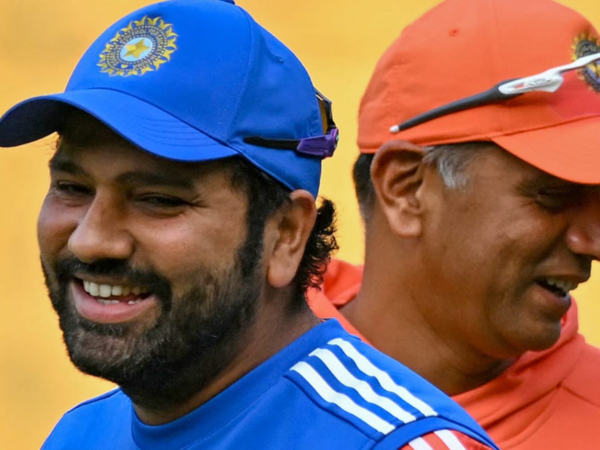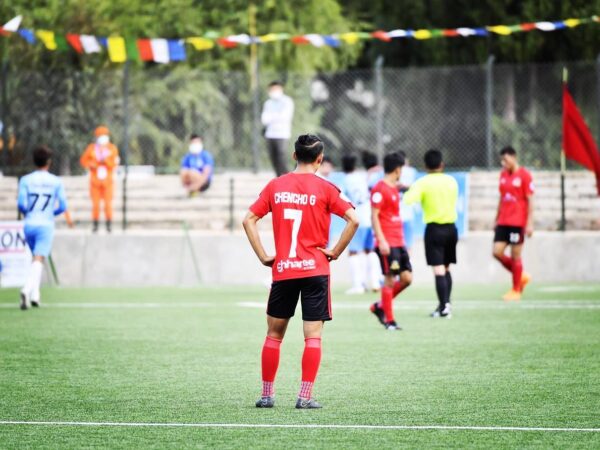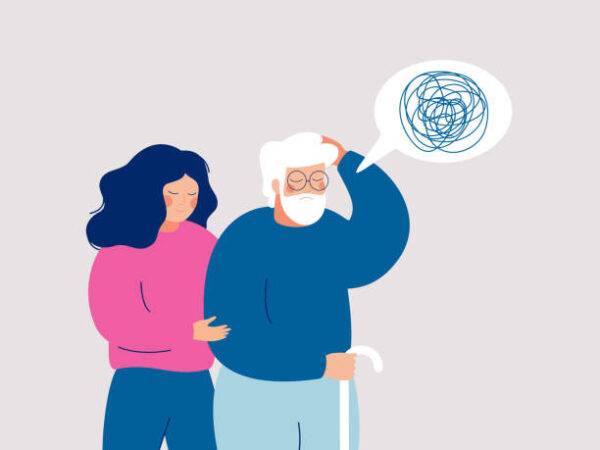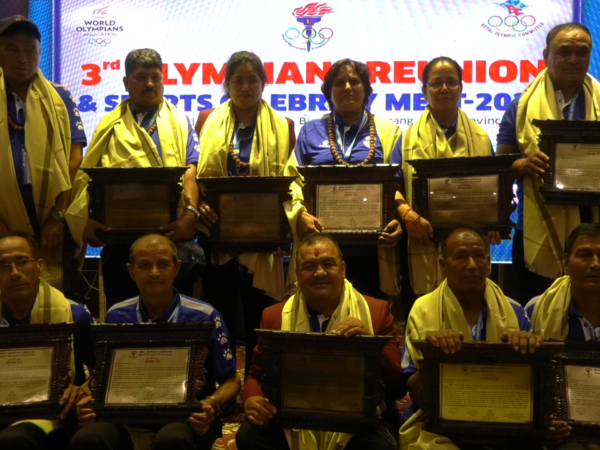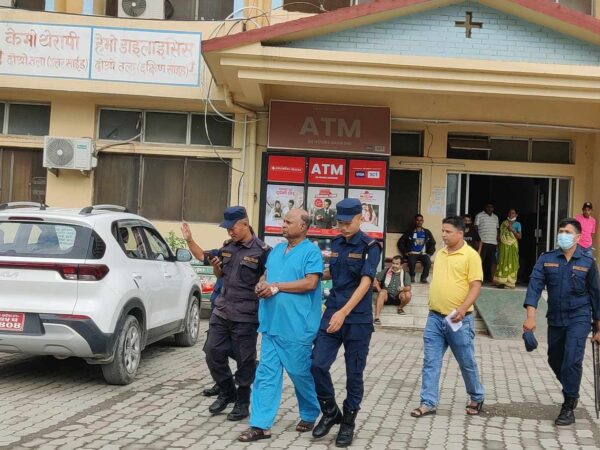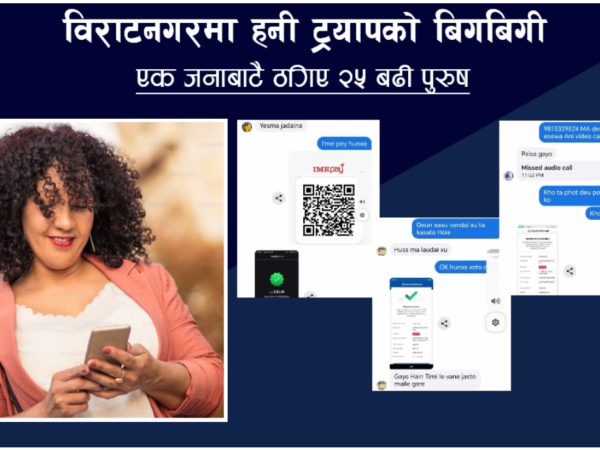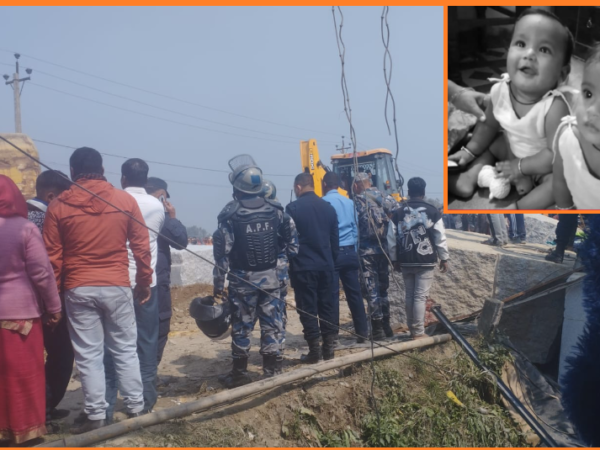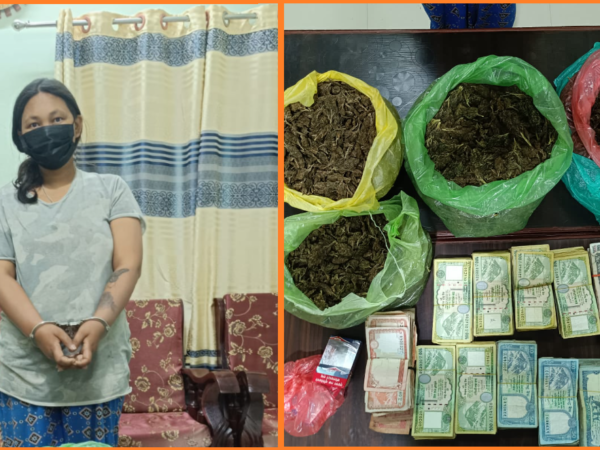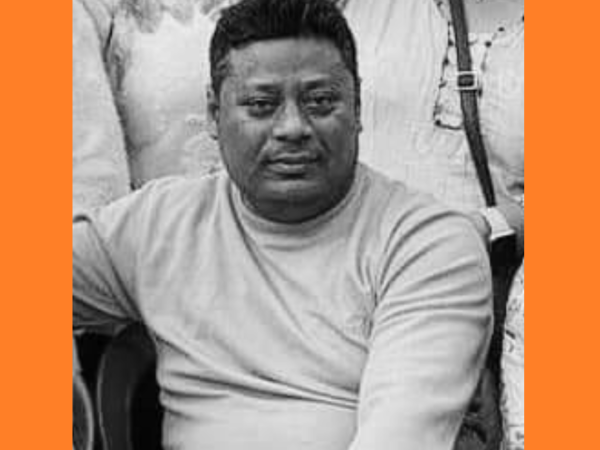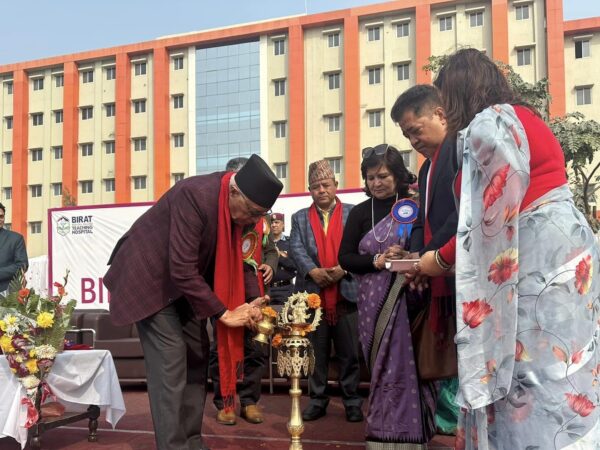
I used to think he was turning a deaf ear to me, or else that he just didn’t hear me so I would repeat myself.
This “he” is my boyfriend, and almost without fail, any question I ask is always met with prolonged silence.
Early in our relationship, when this silent scenario played out, each second that passed absent a response would make my heart speed up and my patience level drop with a dramatic thud.
“Hello! I’m talking to you!” I would want to yell. “Bueller, why aren’t you answering?!” And then a flood of possibilities would sweep over me, each one more foreboding than the next.
Agitation can be contagious. So, when the silence became too excruciating, I’d blurt out something like, “Did you hear what I said?” And then he’d respond with equal agitation — like more silence (completely enraging) or a “blurt” of his own.
Over time, I realized that my boyfriend’s silence wasn’t him dodging or dismissing my questions. It was simply him processing what I was saying so that he could respond mindfully and effectively.
Silence is the absence of intentional sound or purposeful quiet — and for many people, it’s rather unsettling and disrespectful, especially to the people in the West. The University of Groningen in the Netherlands found that it takes only four seconds of silence in a conversation for Americans to feel more rattled, rejected, or insecure.
Contrast this to another study that found that Japanese people are happy to sit in silence with others for up to 8.2 seconds.
Their tolerance may not be surprising given the Japanese proverb “a silent man is the best one to listen to’ and the Japanese concept of haragei (literally meaning “belly sensitivity”), which suggests that the most effective type of communication is not speaking.
Regardless of where in the world people reside, other researchers have pointed to a generally alarming trend: a rise in the fear of silence, or what some have called sedatephobia.
Sedatephobia reportedly originates from the Greek Sedate meaning “silent or sleeping or dead” and Phobos meaning “aversion, fear, or morbid fear.” Call it what you like, until more recently, the phobia was relatively unheard of.
The science of silence —why it’s healthy.
Human beings have an evolution-driven desire for connection and acceptance; we are social beings to our core. So, when someone doesn’t respond to us as quickly as we’d like, the silence can be easily interpreted as rejection.
Silence forces us to notice our automatic thoughts, the ones we can’t help but think and habitually think, particularly, the ones that shine a cold light on our fears and insecurities.
Silence is the blank space between the words that spark true understanding and insight.
But silence freaks a lot of us out. If you’re a leader that’s not speaking, maybe your team will think you don’t have the answers or know what you’re doing.
If you’re in a relationship, your partner may think you’re holding back and not committed. When you’re uncomfortable or uncertain, your nervous energy can rev up because the silence feels deafening at times.
Rather than be in the discomfort of silence, people often anxiously try to fill that space with comments, jokes or questions.
In my experience working with clients in many different contexts over the years, whether consulting on strategic direction or creativity or supporting an individual through deep transformational processes, there is something magical about the power of silence.
When used with intention and purpose, silence is a communication superpower.
In a world where we are barraged 24/7 by information, input, and demands on our focus and energy, silence is a refreshing change of pace. Here are 3 reasons why I consider silence to be a communication superpower every leader should use.
1) Silence Lets Your Words Land:
When you have something important to say, give it the time and the space to fully land with the people you’re speaking to so they can fully absorb it. Communication isn’t just about the vocabulary we use or the ideas we share, but the energy we transmit and how our messages resonate with others.
Have you ever been at a restaurant enjoying a great meal, and the waiter tries to take your plate before you’ve finished that last delectable bite? It’s annoying and the response is, “Wait, I wasn’t done with that yet!”.
It’s the same experience when you motor on to make your next point while your listener was still absorbing and digesting the first point.
Speak and create space for silence. When you let your words fully land with others, you’ll find you have less talking to do because your silence creates a space for more understanding and connection in the conversation.
2) Silence Helps You “Speak With” instead of “Talk At”:
Successful conversation is about an energetic exchange between the people in the dialogue. If you’re doing all the talking and there’s little silence, it becomes less of a conversation and more of a lecture.
To get buy-in, cooperation and engagement, you need to speak with others, not talk at them. When you employ silence as part of your communication, you create space for the others to offer their views and responses.
When there is a healthy give-and-take of perspectives, the silence helps discover where there are breakthrough ideas or unexpected synergies or where more clarity or agreement is needed.
3) Silence Supports Better Pacing:
When you have something really important to say, chances are you’ve been thinking about it for a while or you have so much experience that your point seems super clear. At least it does to you.
But your listener may not have given it any thought at all. Or have limited experience to provide a context for your brilliant idea.
Successful conversation requires you to have great pacing. You need to meet people where they are. To give a metaphor, if you were a runner, you’ve been training and practicing and know how to pace yourself properly.
But your listener didn’t even know there was a race to run. They are still looking for their running shoes while you’re standing there sweating saying “C’mon, we need to go here now!”.
Meet people where they are. Silence helps everyone in the conversation play catch up as needed and run the race together.
For silence with others
Remind yourself that silence has a purpose in all conversations. Maybe that’s making the conversation more interesting because there is time to arrive at better responses; give others space to respond in a way that is wise, authentic, and non-confrontational; or create intimacy, which helps you and another person bond.
Chatter won’t save a conversation, but silence can.
The instinct to fill in the gaps or lulls in conversation, especially the unpleasant ones, is natural, but not always helpful.
Try counting- to yourself. “One Mississippi, two Mississippi…” Often by the time you get to five, the other person will have spoken- and if they don’t, keep going. Counting gives you something to do while enduring any bubbling frustration.
Learn how to get out of silence.
If the silence (and counting) gets to around 45 seconds, try saying, “What I said seems to have bothered you or made you uncomfortable.
Should we come back to this after you’ve had some time to think about it?” And then be prepared to try another counting session. More often than not, this kind of prompt will instigate some kind of response.
– Practice waiting 2–3 seconds after someone’s stopped talking to respond.
Doing this sends the message that you are listening to what the other person is saying, rather than just biding your time until it’s your turn to speak.
People often say more when you say less and when you give them space. This silence will also help to get others beyond any knee-jerk emotional response and into their rational mind.
– Avoid filler sounds.
Words aren’t the only way to fill the silence. “Umm…” “Huh…” “Ehhh…” and “Errr…” just add to the awkwardness or anxiety.
If you find yourself feeling the weight of frustration, try practicing grounding exercises or breathing techniques. This will help you stay calm and in your “window of tolerance.”
– Stop yourself from viewing silence as a failure or a sign of a problem.
Silence is simply an opportunity to pause, reflect, and gather thoughts; or to observe, take in, digest, and process.
Use silence to become more comfortable with yourself and others, rather than to become anxious and disconnected.

